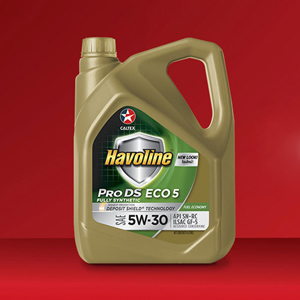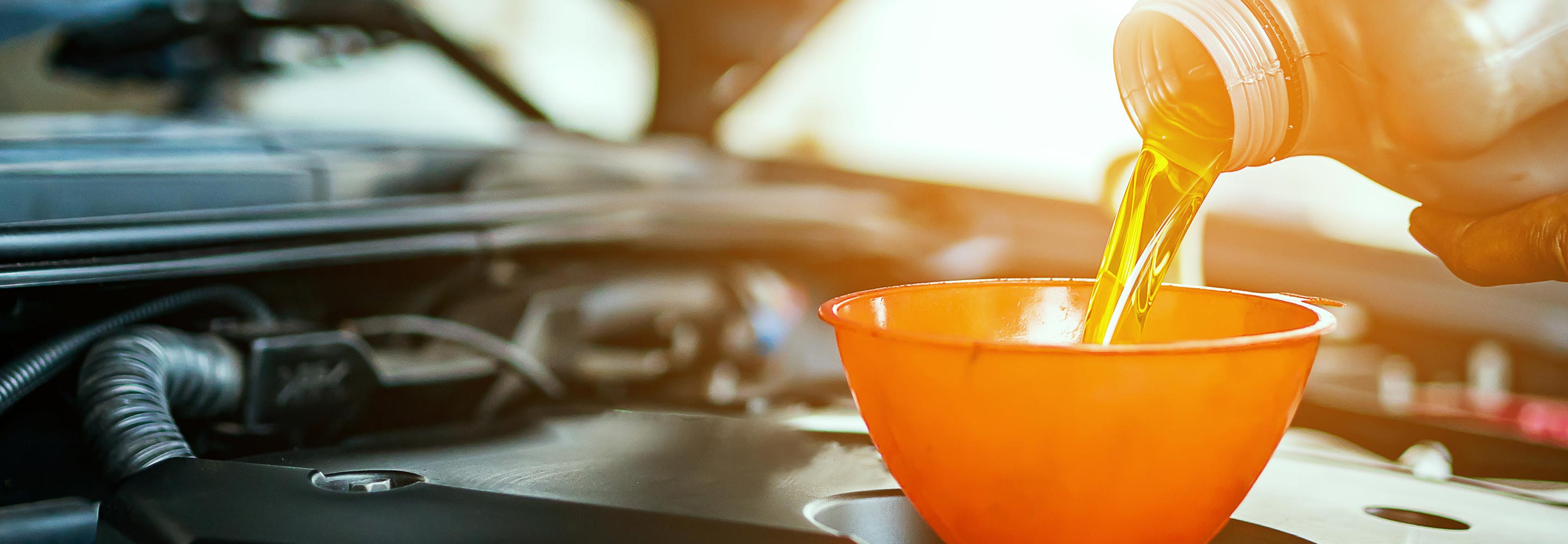Auto manufacturers around the world are building lighter and more fuel-efficient internal combustion cars as demanded by government regulations and consumer demand. In the Middle East and the GCC, more than 60% of 20-35-year-olds prefer better mileage from their cars than power. On the other side of the coin, technological advancements have allowed engines to meet modern demands of improved longevity and efficiency.
Today, cars last longer than they did a decade back, and this means they have to be regularly maintained. The average age of a car in the GCC is around six years which is 50% higher than just a few years back. An average car over five years old in the UAE would have garnered 103,900 km while the global average is only 47,000 km. Used cars in the GCC alone run more than 47,000 km in their second stint. The trend is clear--consumers are driving their cars longer and further. They want to maximize their investment, be prudent and environmentally conscious.
Since 2010, popular Japanese car manufacturers like Honda and Toyota, which have a major presence in the Middle East, have upgraded their engine oils. Most of their modern engines use the low viscosity SAE 0W-20 grade oil.
How to maintain cars that have run more than 100,000 km?
Seals, gaskets and oil filters degrade over time with regular use and oil eventually starts to leak, and the engine will begin guzzling more oil to keep the performance up. An internal combustion engine running on low oil is harmful. To address this problem, car manufacturers recommend using high-mileage engine oils that have been specifically designed to protect cars that have crossed 100,000 km.
Benefits of using high mileage oils over conventional Oils
High mileage oils prevent leaks by using components that restore degraded to reduce or prevent leakage. They offer better engine wear protection for older cars than if conventional low viscosity engine oils are used. High-mileage engine oils also protect engines against sludge and deposit buildup. The robust detergency and dispersancy in the formulation of high-mileage oils also helps clean away unwanted materials deposits and keep sludge dispersed.
What’s On The Horizon
Engine wear is the most significant concern for automobile manufacturers on their journey to produce fuel-efficient cars that must last long. They have partnered with oil companies like Caltex to develop engine oils that will support longevity, durability and efficiency consumers expect today. While the trend in the UAE is the SAE xW-30 grade, the industry is actively looking at moving to SAE 0W-20. In the near future, we will see the upsurge of synthetic-blend and full synthetic high-mileage oils.
All of this is good news for consumers. Cars will last longer without lagging in performance because lubricant manufacturers like Caltex are responding with engine oils that make it possible.
Auto manufacturers around the world are building lighter and more fuel-efficient internal combustion cars as demanded by government regulations and consumer demand. In the Middle East and the GCC, more than 60% of 20-35-year-olds prefer better mileage from their cars than power. On the other side of the coin, technological advancements have allowed engines to meet modern demands of improved longevity and efficiency.
Today, cars last longer than they did a decade back, and this means they have to be regularly maintained. The average age of a car in the GCC is around six years which is 50% higher than just a few years back. An average car over five years old in the UAE would have garnered 103,900 km while the global average is only 47,000 km. Used cars in the GCC alone run more than 47,000 km in their second stint. The trend is clear--consumers are driving their cars longer and further. They want to maximize their investment, be prudent and environmentally conscious.
Since 2010, popular Japanese car manufacturers like Honda and Toyota, which have a major presence in the Middle East, have upgraded their engine oils. Most of their modern engines use the low viscosity SAE 0W-20 grade oil.
How to maintain cars that have run more than 100,000 km?
Seals, gaskets and oil filters degrade over time with regular use and oil eventually starts to leak, and the engine will begin guzzling more oil to keep the performance up. An internal combustion engine running on low oil is harmful. To address this problem, car manufacturers recommend using high-mileage engine oils that have been specifically designed to protect cars that have crossed 100,000 km.
Benefits of using high mileage oils over conventional Oils
High mileage oils prevent leaks by using components that restore degraded to reduce or prevent leakage. They offer better engine wear protection for older cars than if conventional low viscosity engine oils are used. High-mileage engine oils also protect engines against sludge and deposit buildup. The robust detergency and dispersancy in the formulation of high-mileage oils also helps clean away unwanted materials deposits and keep sludge dispersed.
What’s On The Horizon
Engine wear is the most significant concern for automobile manufacturers on their journey to produce fuel-efficient cars that must last long. They have partnered with oil companies like Caltex to develop engine oils that will support longevity, durability and efficiency consumers expect today. While the trend in the UAE is the SAE xW-30 grade, the industry is actively looking at moving to SAE 0W-20. In the near future, we will see the upsurge of synthetic-blend and full synthetic high-mileage oils.
All of this is good news for consumers. Cars will last longer without lagging in performance because lubricant manufacturers like Caltex are responding with engine oils that make it possible.

About Author
Dave has over a decade of lubricants experience in Research, Product Development, and technical workshop training. He has a passion for science, and Dave has held various technical positions as a scientist from Greases to Passenger Car and Motorcycle Engine Oils. He loves to talk oils and science, and has been involved in several training workshops giving reason to why people should be excited and care about oils and additives. He’s currently the Consumer Brand Technical and OEM Manager where he’ll be developing the Havoline Engine Oils and Aftermarket Fuel Additives product strategy for the globe. Dave will interface with technology, business colleagues, and customers in support of Consumer Brands. Dave has a Ph. D. in Chemistry, Patents on lubricant composition and manufacture, and extensive engine oil formulation experience.
ARTICLES FOR YOU
ARTICLES FOR YOU

Synthetic Oils Are The Wave Of The Future For Passenger Cars

Trends in Passenger Car Motor Oils: Evolving Engine Technology Driving Change

GM’s dexos1™ PCMO Specification Knowledge

Base Oil Basics: Quality Starts At The Base
Need more assistance?
Begin your journey towards world class products and services with Caltex.















